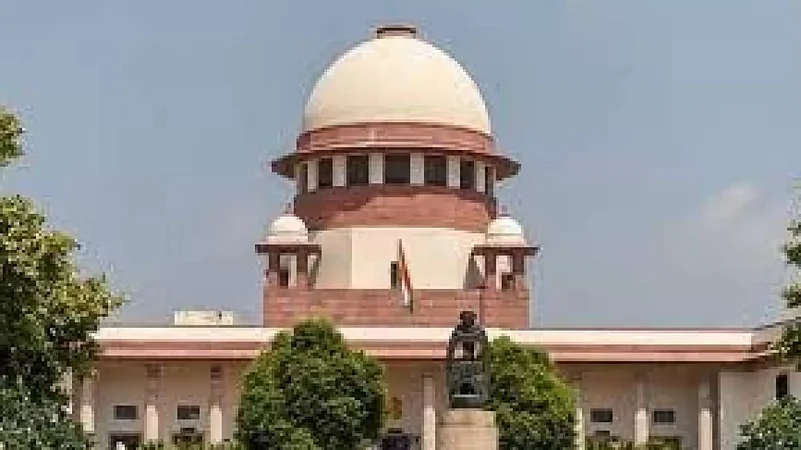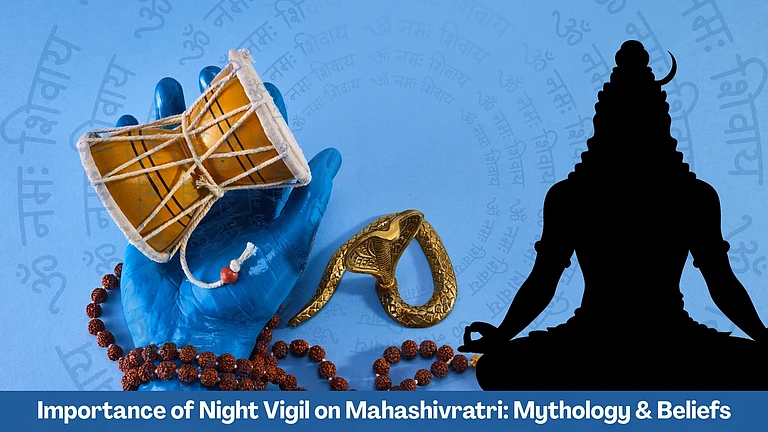The Union government tabled the Nari Shakti Vandan Adhiniyam – better known as women's reservation bill – in Lok Sabha on Tuesday, the second day of the special session of Parliament. The bill, which has been in the works for 27 years, aims at enabling greater participation of women in policy-making at the state and national levels. It was only last month that the Supreme Court took up the matter, keen to know where the Centre and other political parties stand on the issue.
Hearing a PIL for the re-introduction of the women’s reservation bill that sought to reserve 33 per cent seats for women in the Lok Sabha and state legislative assemblies. The petition was filed by the National Federation of Indian Women (NFIW).
The Supreme Court bench comprising Justices Sanjiv Khanna and SVN Bhatti chided Additional Solicitor General KM Nataraj, appearing for the Centre, for “shying away” from a reply to the PIL which was filed in 2021. The Centre’s counsel said the petitioner is seeking a mandamus to table the bill.
“That's separate...Then say you want to implement it, or not. Why haven’t you filed a reply? It's too important an issue to be thrown on the backburner. It concerns all of us,” the bench said.
The court expressed its surprise at the reluctance of political parties to take a position on the issue. “You should have filed a reply….I was interested to know what political parties would say. None of them have come forward, except CPI (M).”
Women’s reservation bill sought to reserve one-third of all seats in Parliament and state assemblies for women was first introduced in the Parliament in 2008, although there have been several efforts to introduce women's reservation bill in the Lok Sabha and State Legislative Assemblies since 1996. However there has been strong opposition from different political parties which have stalled its passage in the last three decades.
The bill was passed in the Rajya Sabha in 2010 but it was again stalled in the Lok Sabha.


























